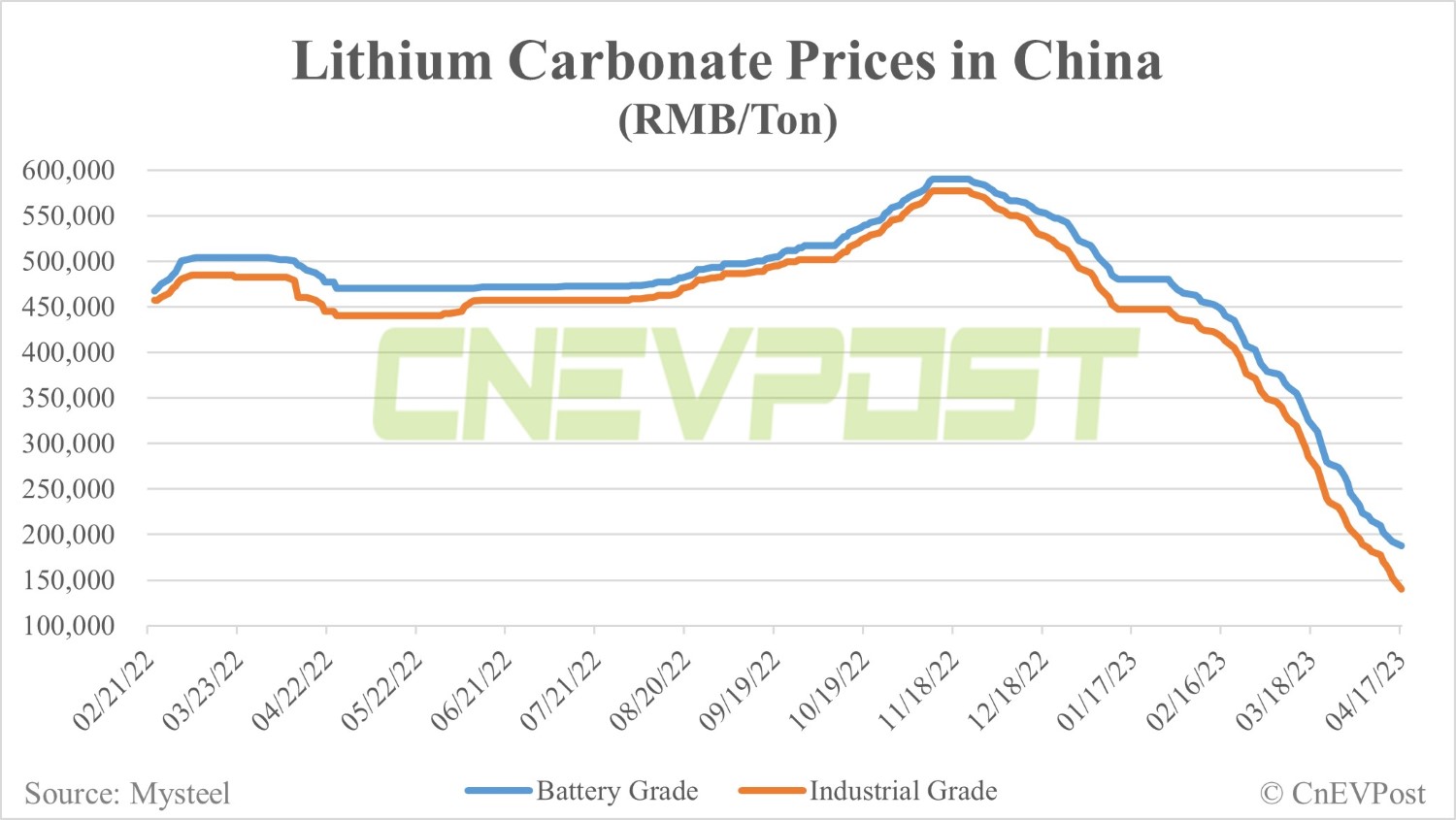Xpeng's Hong Kong-traded shares rose more than 14 percent to HK$51.80 at press time, giving it a 30 percent gain for the week.

(Image credit: CnEVPost)
Xpeng (NYSE: XPEV) officially launched the G6 yesterday, and the company's management clearly has high hopes for the new SUV.
The G6's monthly sales target is at least 10,000 units, Xpeng chairman and CEO He Xiaopeng said in an interview with local media after yesterday's G6 launch, according to a report by Auto Home.
Mr. He disagreed with the idea that Xpeng needs to turn its fortunes around with the G6, saying that a company that bets its future on one car is doing it wrong.
In the auto industry, automakers need long-term thinking and systemic competitiveness, he said.
Xpeng officially launched the G6 yesterday, offering five versions with starting prices of RMB 209,900 ($28,940), RMB 229,900, RMB 234,900, RMB 254,900 and RMB 276,900 respectively.
Of the five options, the three versions in the middle price range will be the best sellers, meaning the G6 will be in the RMB 250,000 range in terms of average sales price, according to Mr. He.
At yesterday's launch, he said the G6 is expected to be the top-selling smart electric SUV in China within two months priced at the RMB 250,000 level.
The Xpeng G6 received more than 25,000 pre-orders within 72 hours of the start of pre-sales on June 9, and more than 35,000 pre-orders as of June 28, said Yi Han, the company's vice president of marketing, repeating Mr. He's remarks at yesterday's launch event.
Forty percent of Xpeng G6 orders came from offline stores and 60 percent from online channels, Yi said.
Mr. He made it clear in yesterday's interview that Xpeng will not launch extended-range electric vehicle (EREV) models similar to Li Auto (NASDAQ: LI).
As an entrepreneur, choices need to be made and trade-offs need to be made, he said.
In a June 15 speech, Mr. He said he could foresee a large number of hybrid models in China in the next two years, especially inside family cars.
"Because everyone sees the success, they will follow. Because they are following, a large number of models will focus on the same place. It's a very interesting thing," he said in the speech.
Xpeng shares traded in Hong Kong continued to rise today, up more than 14 percent to HK$51.80 at press time, giving it a 30 percent gain for the week.

($1 = RMB 7.2525)
Xpeng officially launches G6 with starting price of $29,010 to regain past glory
The post Xpeng targets G6 monthly sales of over 10,000 appeared first on CnEVPost.
For more articles, please visit CnEVPost.
















 Seres and Huawei will jointly launch a new vehicle platform, the first flagship model of which is scheduled for release in 2023.
Seres and Huawei will jointly launch a new vehicle platform, the first flagship model of which is scheduled for release in 2023.